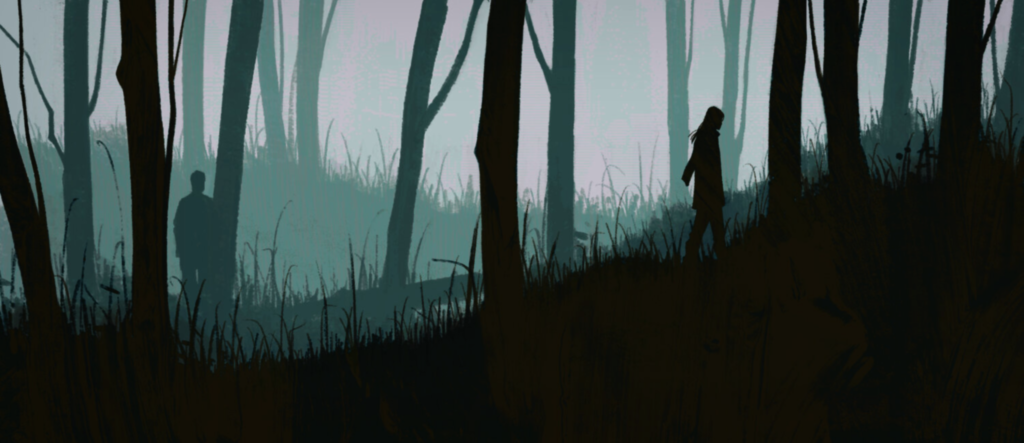Andy Greenwood’s comment on Crusoe and the Doctor, directing us onward to a fan’s mashup of Doctor Who images cut to the music from the Happy Days title sequence, made me think.
In today’s Guardian, playwright Mark Ravenhill writes:
“in the minds of many programme-makers, there now seems to be a crude binary option: you’re either safe or you’re edgy. And, since very few producers feel happy to say they want safe shows, practically everything we see on our screens believes it is edgy.“
British TV’s most successful all-ages drama is a decades-old format that makes no pretensions of edginess, of being issue-driven or of being in any way ‘relevant’, but which sets out to create simple escapist joy. And by doing that well, it draws a response from its audience that is both complex and transcendent.
Just to extend it – how edgy was Oliver Postgate? And how profound the life experience he brought to those who grew up with his work and who mourn him now?
But if you’re looking to break into the business, don’t bother learning from any of that.
Write about how grim it is to be buggered in prison. There’s a vanishingly small audience for it, but you’ll have a much better chance of seeing it commissioned.

2 responses to “Truth in Escapism”
Besides, they might say that want “edgy” but they have no idea of what that actually means. (Probably because it doesn’t actually mean anything.)
Hang on, Steve. Dr Who may not have been “edgy” in the past, but under Russell T Davies’ reign it has certainly become so. The introduction of a sexual frisson into the Tardis between the Doc and Rose saw to that.
And yes, Oliver Postgate could be “edgy”, too. Remember, the original series of The Pogles was banned for being too frightening!